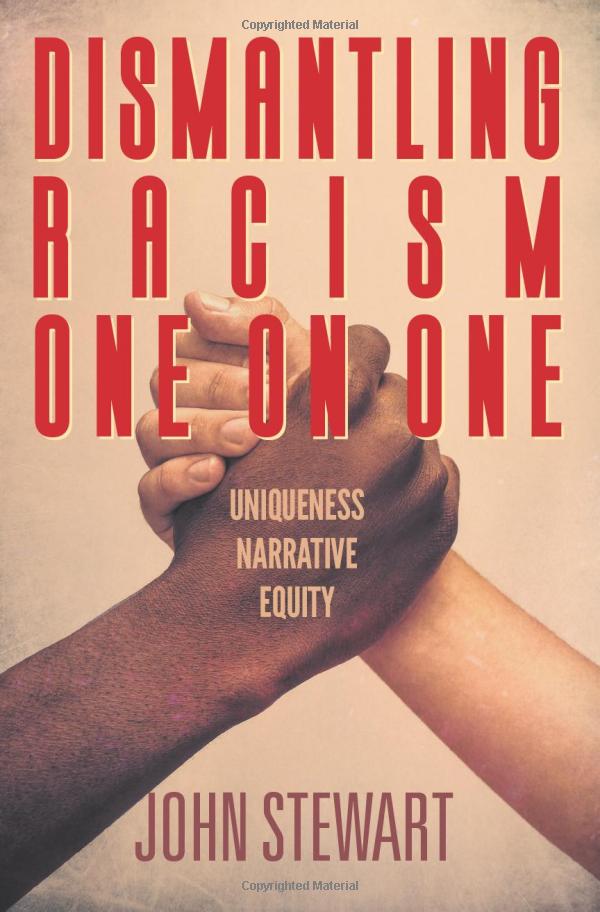“Are you crazy?” 
“You’re kidding me!’
“You can’t possibly believe that!”
“I just don’t get her at all!”
In the past week, how many times have you said that you just don’t understand somebody—an acquaintance, family member, co-worker, or maybe a politician? It can be really frustrating. And if you’re in the same room with them, you can bet that they notice the disconnection.
Mutual understanding is one of life’s greatest gifts. It’s the foundation of good working relationships, crucial to successful parenting, and a first step toward sharing love.
So what does it take? When you want to understand somebody, how do you begin?
Humility 
With humility. Sound strange? Think about it, and you’ll see that it makes sense.
Understanding starts when you remember that you don’t know everything, that other people don’t see things the way you do, and most importantly, that you can only interpret what you read and hear from your own limited point of view.
For example, if you’re strongly pro-choice, it’s very difficult to think about abortion without wanting to support women’s abilities to control their own bodies. Especially pregnant victims of rape, incest, sex trafficking, or spousal abuse. No government should be making health care decisions for them.
If you’re strongly pro-life, you can’t think about abortion without wanting to protect unborn children who have no way of protecting themselves. You know murder is wrong, and you don’t want your government allowing doctors to take young lives.
You can stay inside your own pro-choice or pro-life echo chamber, believing that your view is the only one that makes sense. You can only interact with people who agree with you. When you do, you can deepen your understanding of your own perspective, but you won’t learn about others’.
Humility can lower your stress, strengthen your leadership abilities, increase your self control, improve your work performance, and help you earn better grades. http://www.spring.org.uk/2014/04/8-practical-ways-being-humble-improves-your-life.php
Plus, there’s a correlation between intellectual humility and wisdom. People with humility are both better learners and better able to engage in civil discourse. https://hbr.org/2013/04/how-to-really-understand-someo
So, when there’s an opportunity to understand someone with ideas different from yours, remember that your point of view is not the only one possible. Humility is a necessary first step.
Curiosity
The second step is curiosity. When you’re being curious, you actually want to know something that you don’t know already. Curiosity comes out in genuine questions like “Help me understand where you’re coming from.” “What’s an example of the point you’re making?” and “What do you want to have happen?”
Curious people ask real questions, not ones that just make their own point, like “But won’t that drive people away?” or “Do you really believe that??” A curious person also doesn’t trust rumor and hearsay. You observe situations yourself or ask the person directly what he or she believes.

When curious, you remember that, as long as everything you’re hearing reinforces what you believe, you’re only listening to yourself. When you’re surprised by what you hear, it’s an indicator that you’re learning something new.
In today’s polarized culture, most people only connect on social media with those they agree with. Most people only read, listen to, and talk with people inside their own echo chamber. As a result, few people are learning much that they don’t know already.
You can break this pattern in your own life. Start with humility. Then practice being genuinely curious. I can guarantee it’ll be interesting. You’re likely to learn something. And you might make a new friend!


